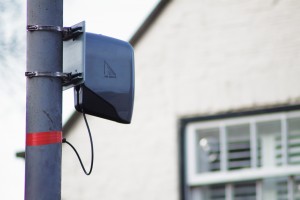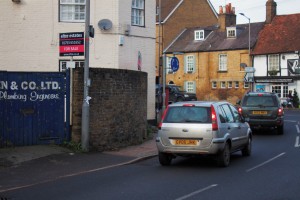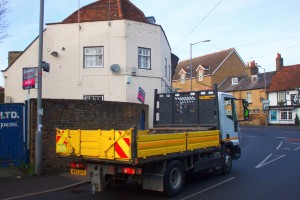We work with a wide range of communities, from the traditional – small towns, parishes, self-identifying city areas – to newer formats – digital tribes defined by common features or interests, and groups with a single common thread such as families with children at the same school. However a community is defined, we acknowledge the value of their views and insights, and work in collaboration to realise outcomes of real benefit.



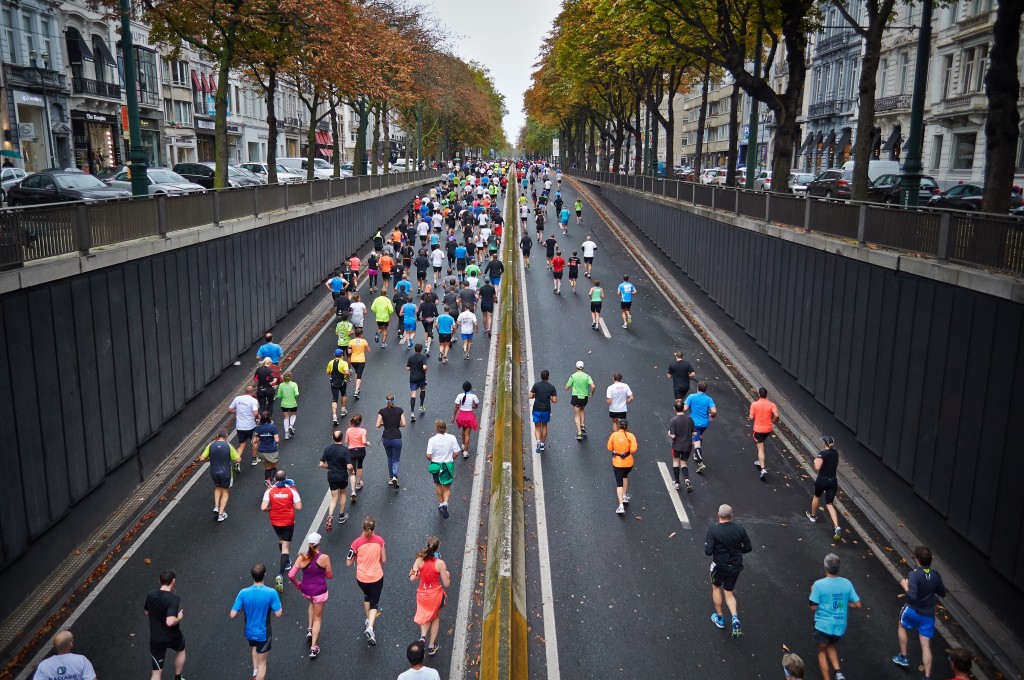
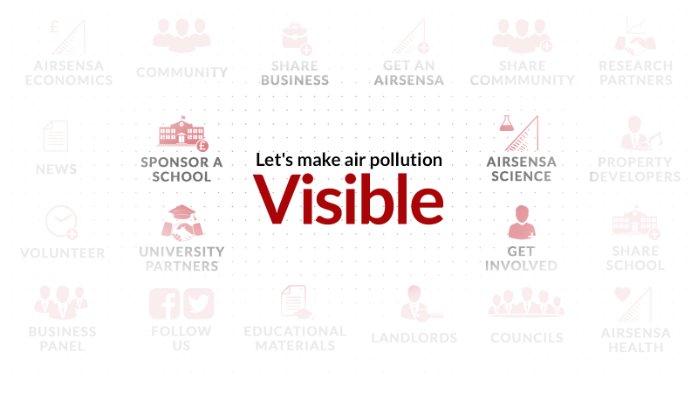
Lets Make Air Pollution Visible
#VisibleAir
Air pollution is one of the greatest threats to our health today, yet one of the least recognised. Costing the UK economy more than £53bn per year, and causing the premature deaths of more than 29,000 people – ten times the death toll on our roads. Thankfully, the issue of air pollution is finally receiving significant media coverage, and many more people are becoming aware of the issue. The question is – what should happen next?
The ‘Visible’ initiative brings together academics, businesses, government, and communities to better measure, mitigate and increase awareness about air pollution.
CommunityAir
Harmful environmental pollutants (both air and noise) are not isolated to major cities across the UK, this is despite these areas gaining most of the coverage and preventative strategies. By definition – air and noise pollution comes from vehicles, industry, heating, construction and agriculture (to name a few) – meaning many towns and villages could be at risk.




Up until now, these areas have been typically ignored, so this is where CommunityAir comes in. Deliver Change wants to collect nationwide data on people’s views, attitudes and behaviours when it comes to environmental pollutants to better understand this national issue. In turn, Deliver Change also wants to give communities the tools to take action, mobilise and take positive steps in overcoming the challenges in their area via the CommunityAir toolkit.
The 2 main aspects of CommunityAir
UK Survey
Understanding how views, attitudes and behaviour relating to air pollution changes with location – with the view to increase awareness. In recent months and years – there has been a lot of discussion about the problems in London, but it is important to realise that it is not just a big city issue – many smaller locations could be at risk.
CommunityAir Toolkit
Deliver Change wants to give communities themselves the tools to make positive action in their area. Many recognise the potential threats from traffic, industry, agriculture etc but lack the tools and data to make any changes – we want to change that. This project will be about Communities taking control and feeling empowered. See below for more information.
COMMUNITYAIR TOOLKIT

Air and noise pollution are a localised issue, as well as a national problem. The toolkit was created for Communities and residents who are concerned about their impacts on quality of life, including:
• School children’s exposure to traffic pollution
• The impact on the health of older people or asthmatics
• Noise or vibration nuisance
• Dangerous heavy traffic levels on narrow roads
• Continual deposit of dirt/dust on washing, windows, etc.
The toolkit provides communities with a range of tools to:
• Understand the problem
• Organise a response
• Take positive steps to press for the challenges in their area
Content of the toolkit provides:
• Data monitoring – to collect and present localised data
• Citizen surveys – to engage the community and provide insight into support for the project
• Ideas and resources for involving schools
• Pointers on garnering human and financial resources, if required
• Templates for communication with a wide variety of groups

